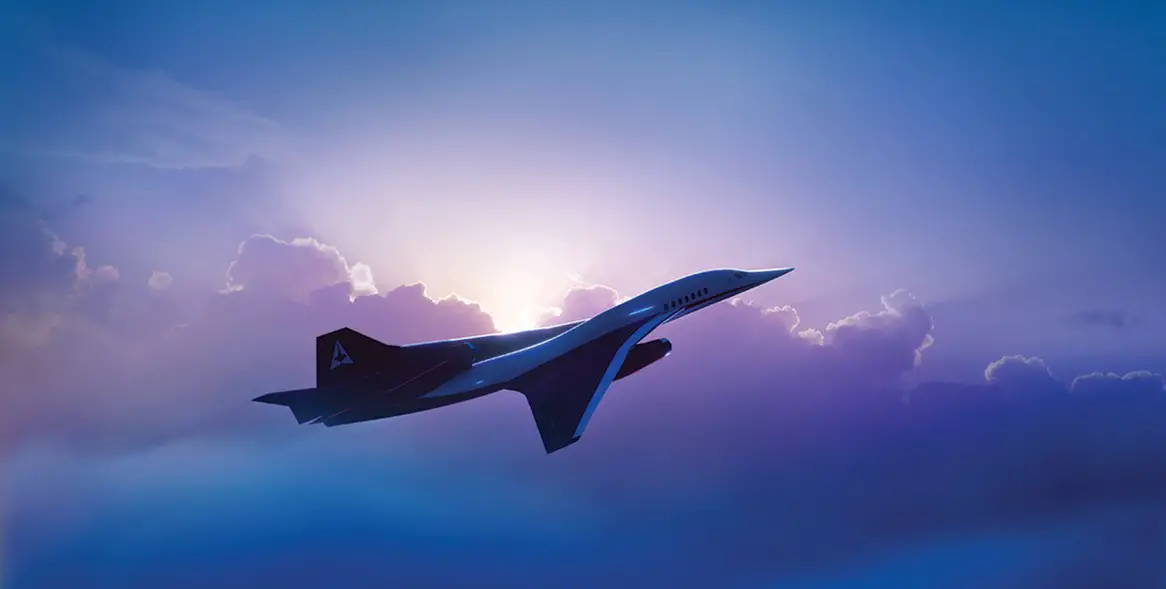Aerion Supersonic, a US-based aircraft manufacturer, is set to construct its US $300m headquarters at Orlando Melbourne International Airport (MLB) in Florida, US. Dubbed Aerion Park, the more than 60-acre site at the northwest corner of MLB will house Aerion’s global headquarters and integrated campus for research, design, build, and maintenance of its AS2 SSBJ. Aerion plans to break ground on the campus later this year, with manufacturing of the AS2 anticipated to start in 2023.
In addition to the 675 new jobs Aerion will bring to the area, Aerion Park is expected to attract aerospace suppliers within the supersonic technology sector to bring business to Florida, creating additional roles for scientists, designers, engineers and aircraft builders.
Also Read: Construction of Brazos Transit District’s new headquarters in US begins
AS2 SSBJ
The company said the AS2 business jet can fly at a speed of Mach 1.4, or about 1,065 mph. Aerion entered into a partnership with The Boeing Co. in February 2019 to develop the AS2 and advance the supersonic market. In 2018, Aerion announced that GE Aviation’s Affinity supersonic engine will power the AS2.
Aerion said it designed the AS2 to be “environmentally friendly” as the first supersonic aircraft designed without an afterburner; the first supersonic aircraft designed with the ability to accept 100% biofuels, and the first commercial aircraft to fly at supersonic speeds over land with no noise on the ground. The company said there will be no “sonic booms” heard on the ground, like those created by the Concorde jets that flew commercially from 1976 to 2003.
The Economic Development Commission (EDC) of Florida’s Space Coast coordinated with state and local entities in seeking to attract Aerion to the area, including the targeting of a US $3.9m Florida Job Growth Grant for infrastructure improvements at the airport. The EDC also provided US $200,000 to offset development fees for this project.
